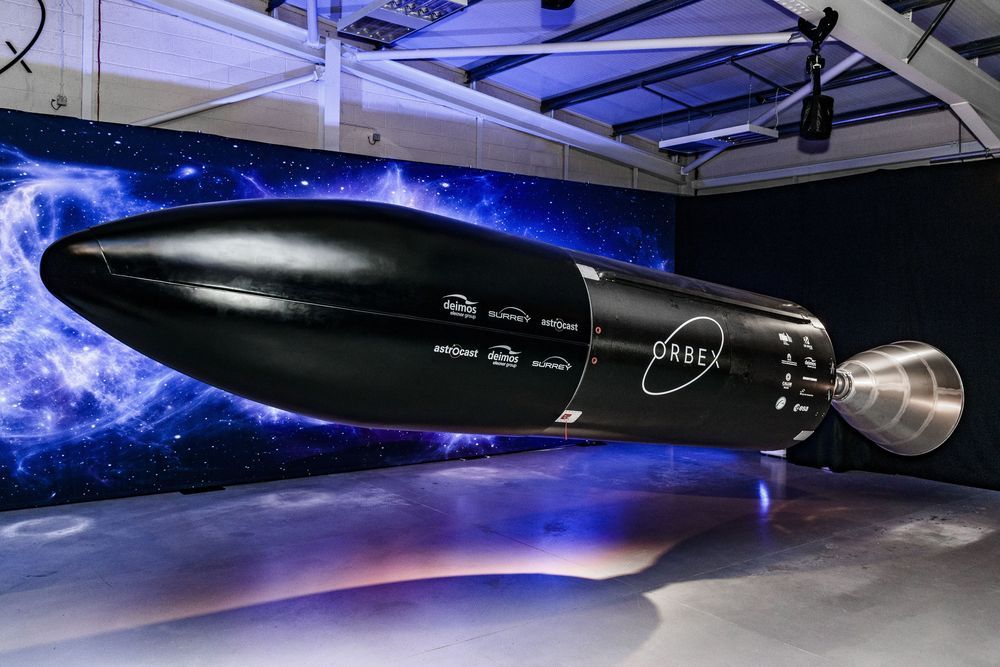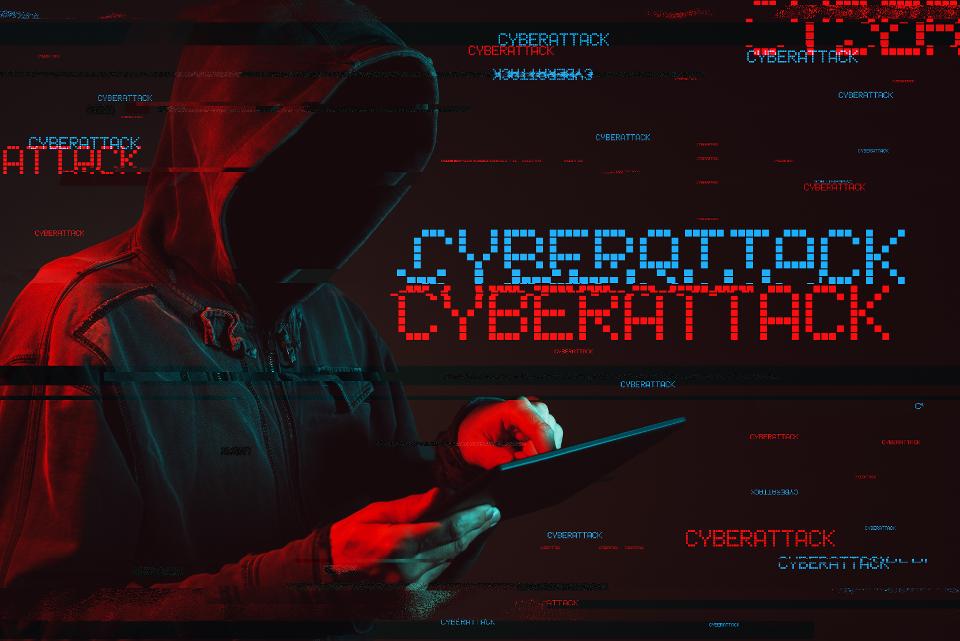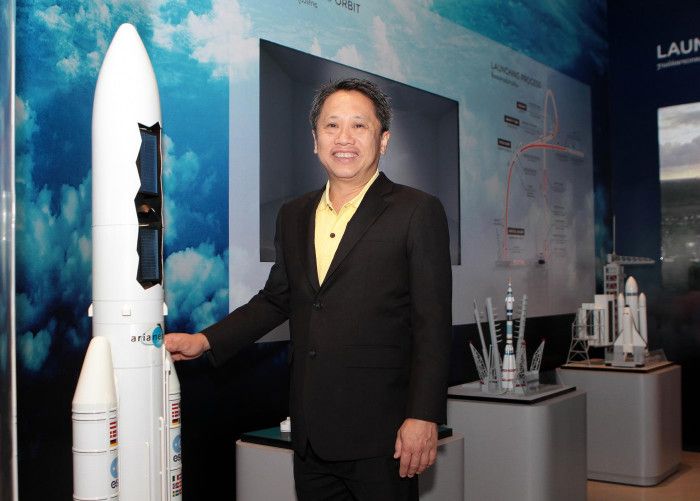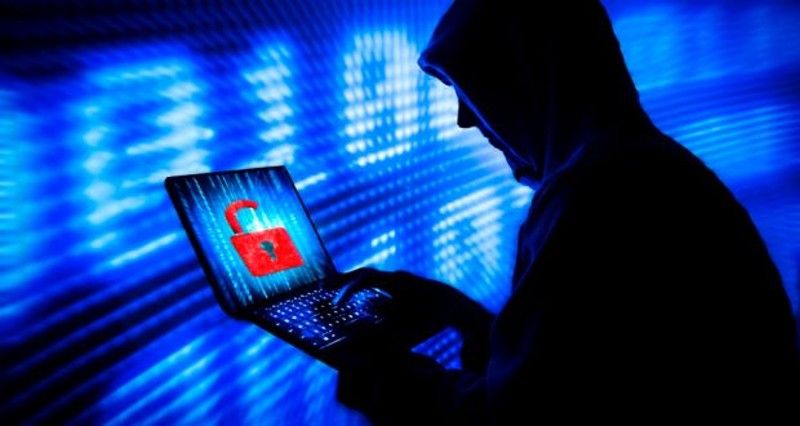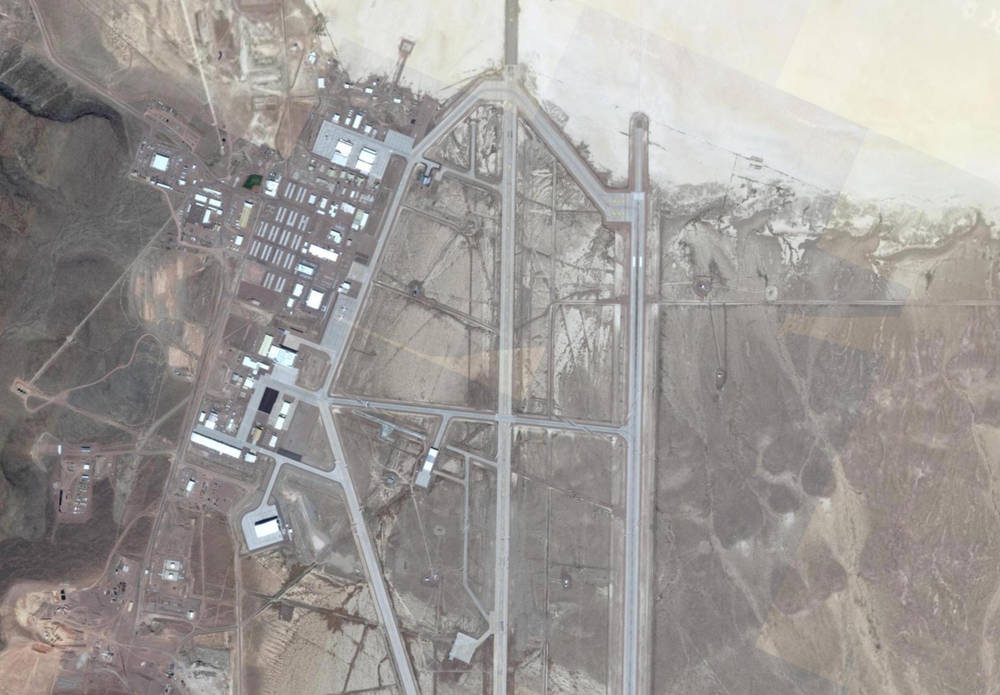African swine fever has wiped out a third of China’s pig population. Now government officials are discussing dramatic steps to stabilize the world’s largest pork market.
Pork is a huge deal in China. The country is home to half of all the pigs on the planet. The meat is a staple of the Chinese diet, which means its scarcity could damage China’s social stability. The outbreak of swine fever also threatens to upend the global pork supply chain.
While Chinese authorities have already made plans to shore up the pig market — including subsidies for pig farms and families who may struggle with soaring prices — they’re stepping up efforts to deal with the crisis.



